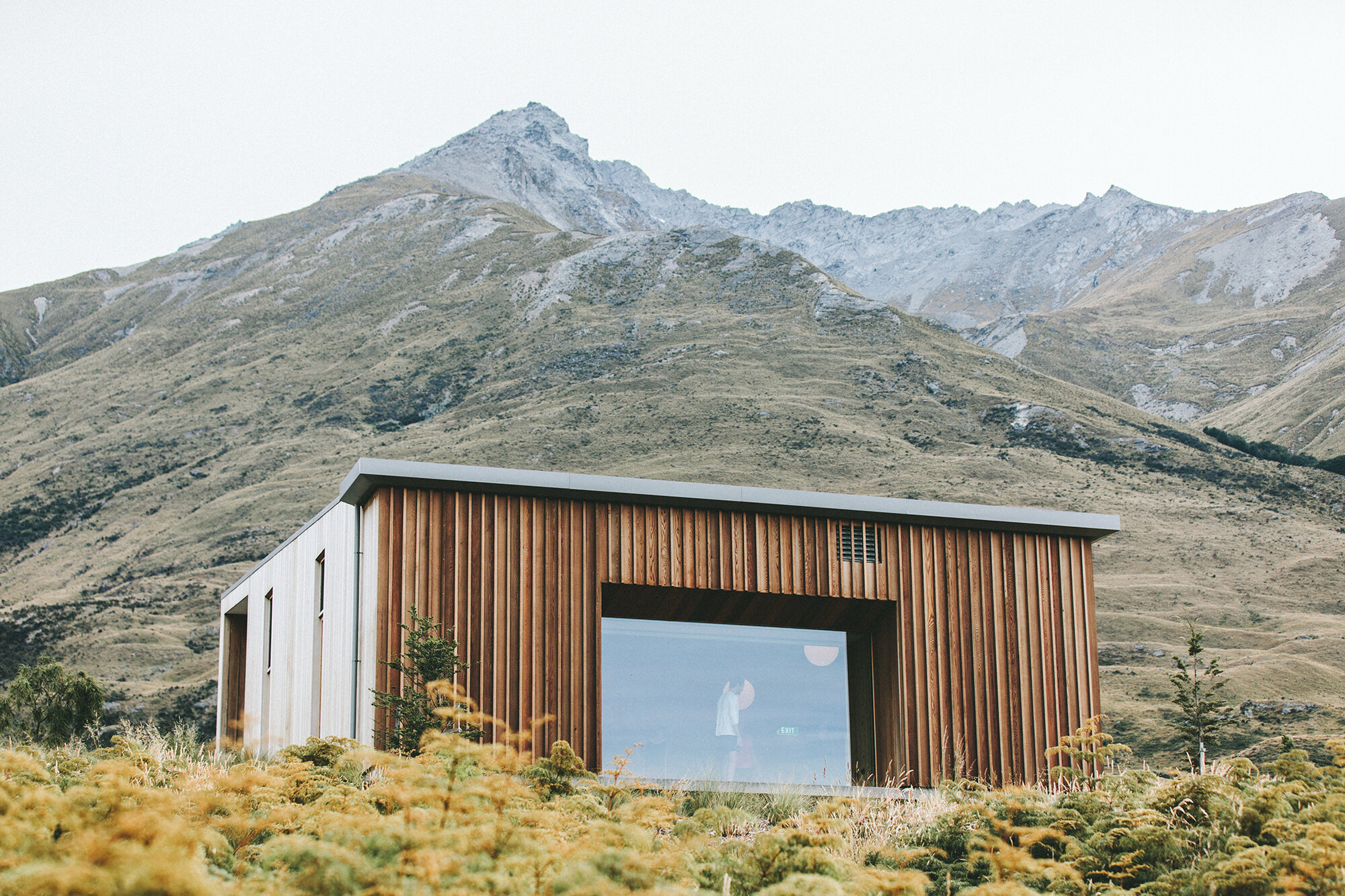FAQs
-
Typically, real property tends to maintain or appreciate in value, but various factors can influence its trajectory. Economic shifts, health crises, natural disasters, political changes, and other external events can impact property values. It's crucial to thoroughly assess the location and community when making a home investment, as these factors can significantly affect the property's future value.
In the case of newly developed areas, conducting research on the construction and development of the surrounding areas is advisable. This analysis helps in gauging whether there are any factors that might influence or potentially impact the value of your home.
-
Determining the value of a home, whether older or new, is largely a matter of personal preference. Each option presents unique advantages based on individual tastes and lifestyle considerations.
Cost:
Older homes often come with a lower price tag, although there are instances where new homes can be equally or even more cost-effective. Taxes on certain older homes may also be lower. While some are drawn to the charm of older homes, concerns about potential maintenance costs may arise. Considering a home warranty can provide peace of mind by protecting against unexpected repairs on various home systems and appliances for an extended period after moving in.
Style:
New homes offer the flexibility to select color schemes, flooring, kitchen cabinets, appliances, and even customize electrical wiring. Modern features like media rooms, spacious closets, and large bathrooms are more easily attainable in new construction. In contrast, older homes often appeal to those who appreciate the distinctive taste, style, and ambiance of a particular era. They may also feature larger lot sizes and well-maintained landscaping, reflecting the previous resident's preferences unless customized renovations are planned.
Energy Efficiency:
New homes benefit from advanced building materials and technology, incorporating features like Energy Star windows and superior insulation to reduce future energy costs. Most states enforce minimum energy-efficiency standards for new constructions. Kitchens and laundry areas in new homes are designed to accommodate energy-saving appliances efficiently. Older homes, unless retrofitted for energy efficiency, may incur higher utility costs.
Safety and Quality:
Builders adhere to stringent guidelines in constructing new homes, particularly in regions with earthquake safety standards. New homes are generally more fire-safe and adaptable to modern security and garage-door systems. While older homes exude quality and timeless beauty, they might reveal substandard materials or workmanship over time.
In summary, each option has its advantages and disadvantages. The decision ultimately hinges on personal preferences and what aligns with your priorities and desires in a home.
-
Closing costs encompass the expenses associated with the transfer of property ownership between buyers and sellers. The specific amount of closing costs can vary based on factors such as the type of loan, contract terms, and the closing stipulations set by your lender. In some cases, clients may opt to leverage third-party grant programs to help cover a portion of these costs. It's important to note that every situation is unique, and we advise budgeting at least 5% to 10% for closing costs.
-
FSBO is an acronym for "For Sale By Owner." When a property is listed as FSBO, it signifies that the property is being sold directly by the owner without the involvement of a real estate agent.
-
To initiate the home buying process, the requirements depend on your chosen financing method. Given that the majority of home purchases involve financing through lending institutions, it's advisable to secure pre-approval from a lender before embarking on house hunting. This ensures clarity regarding your financial affordability when making an offer, especially considering the dynamic nature of market inventory.
-
Determining whether renting or purchasing is preferable depends on individual preferences and unique circumstances. Both options have their pros and cons. While buying a home may involve higher initial costs, renting can offer a more budget-friendly alternative. Renters often appreciate the stress-free aspect of not being responsible for maintenance costs, whereas homeowners bear the entire financial burden of upkeep. Renting may be particularly suitable for those with a transient lifestyle, while homeowners typically have a more permanent residence. Contact us, and we'll assist you in evaluating which option aligns best with your needs.




